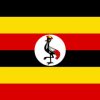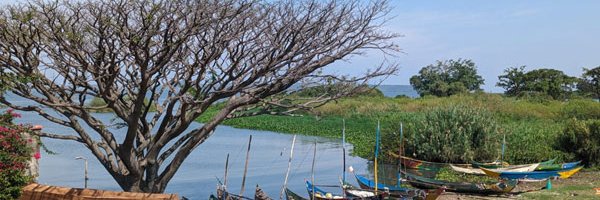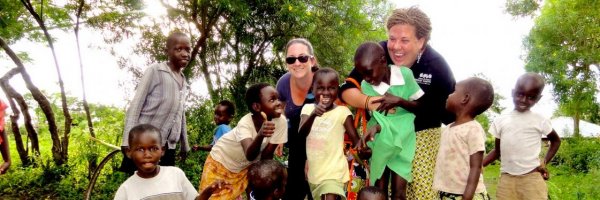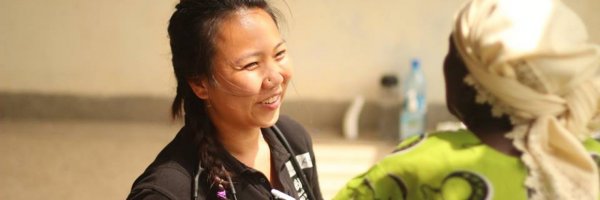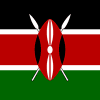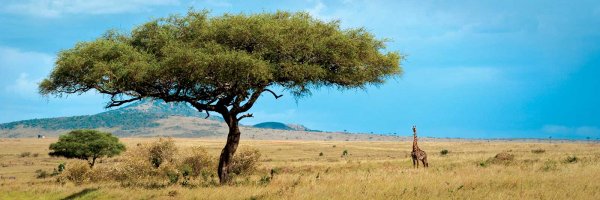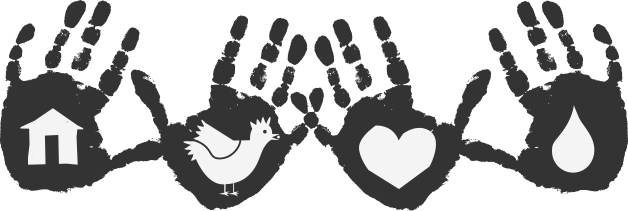In the heart of Homa Bay, Kenya, a remarkable project is transforming the lives of widows and their families. The Happy Widow local goat upgrading project, spearheaded by the Mango Tree Orphan Support Trust (TMT-Ke), is a shining example of community empowerment and sustainable development.
The project's core focus is the introduction of exotic hybrid bucks (male goats) for cross-breeding with local female goats. This carefully monitored process produces hardy, high-yielding, and early-maturing offspring, significantly enhancing family livelihoods. The cross-breed goats provide a rich source of nutritious milk for domestic consumption and fetch higher prices in local markets, boosting both health and income.
Adopting a zero-grazing management system, the project effectively curbs the destructive grazing habits of goats, protecting field crops and trees. Additionally, it facilitates the collection of manure and urine, which are used to promote kitchen gardening and enhance fodder production for the goats. The leguminous fodder trees and crops grown have the added benefit of fixing atmospheric nitrogen, improving soil fertility and contributing to climate change mitigation.
The Happy Widow goat project has achieved remarkable success, positively impacting the lives of hundreds of families. Currently, the project supports 235 families, representing an estimated population of 1,175 people. This includes 18 families hosting 18 bucks and 120 families hosting 325 cross-goats. Among the beneficiaries are 21 orphans and vulnerable children who have been able to raise college fees from the goat breeding business.
The project's first and second phases have witnessed remarkable progress, with all goats producing offspring. This has provided 71 families with access to goat milk and improved their household incomes and nutrition. Additionally, over 400 families have benefited from the project by having their local goats cross-bred with the exotic breeds.
The project has also led to a significant increase in the number of cross goats in the communities, with the majority of local community members adopting the dairy goat upgrading scheme. This implies that about 60% of the target population now boasts a stronger breed of goats that produce high yields of milk, quality meat, and fetch good prices in local markets.
To ensure the project's sustainability and community social capital building, the 'passing of the gift' approach plays a key role. This encourages the sharing of knowledge, experience, and livestock among community members. Farmers who received direct support from the organization actively participate in growing the project by passing on a kid of a goat to a fellow group member, fostering sustainability. Through this approach, 56 new farmers have received goats from the original first breed.
Despite the project's successes, challenges remain. Erratic rainfall patterns due to climate change have affected fodder production, impacting goat health and milk and meat production in some areas. To address this, farmers have been trained in climate-smart agriculture techniques, such as Tumbukiza and fodder preservation skills. They are also encouraged to plant alternative resistant crops and rear a manageable number of goats.
Another challenge is the management of exotic bucks, which requires specialized livestock management skills. To mitigate this, communities identify economically stable members to host the breeding bucks on their behalf.
The Happy Widow goat project is a testament to the power of community-driven initiatives in transforming lives and fostering sustainable development. The project has not only empowered widows and improved their livelihoods but has also contributed to environmental sustainability and knowledge sharing. As the project continues to expand, it holds the promise of a brighter future for the widows and their families in Homa Bay.
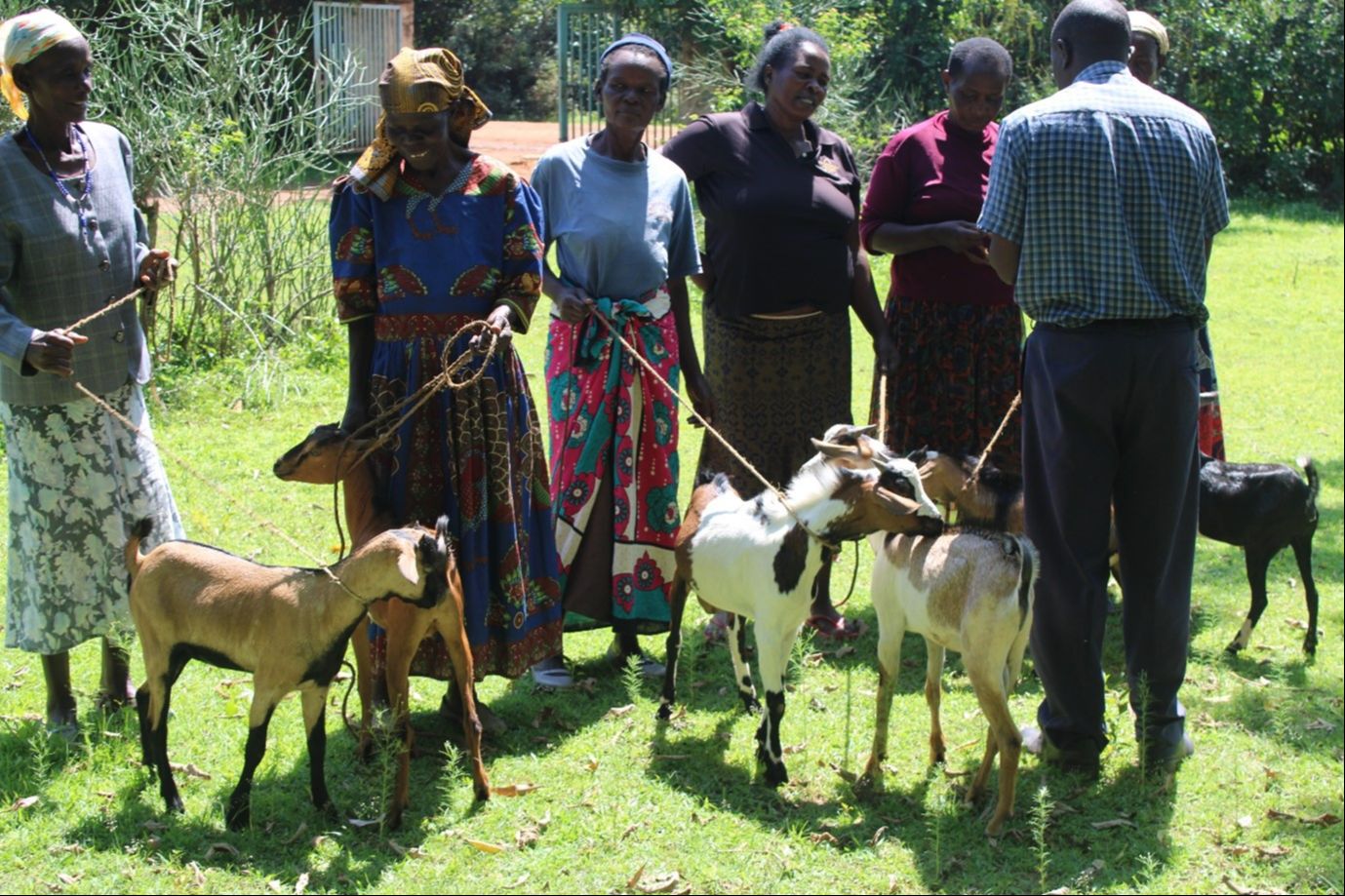
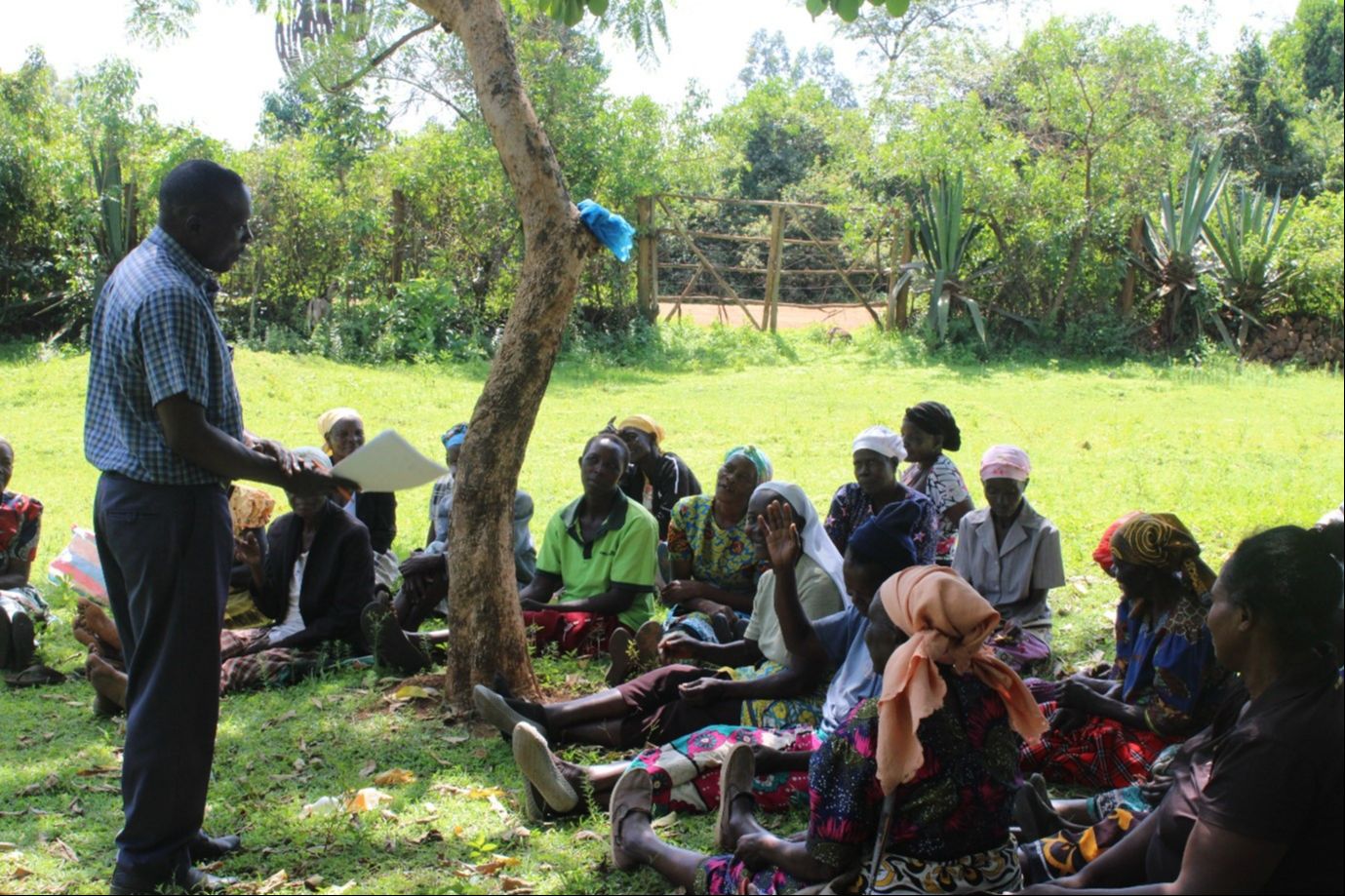
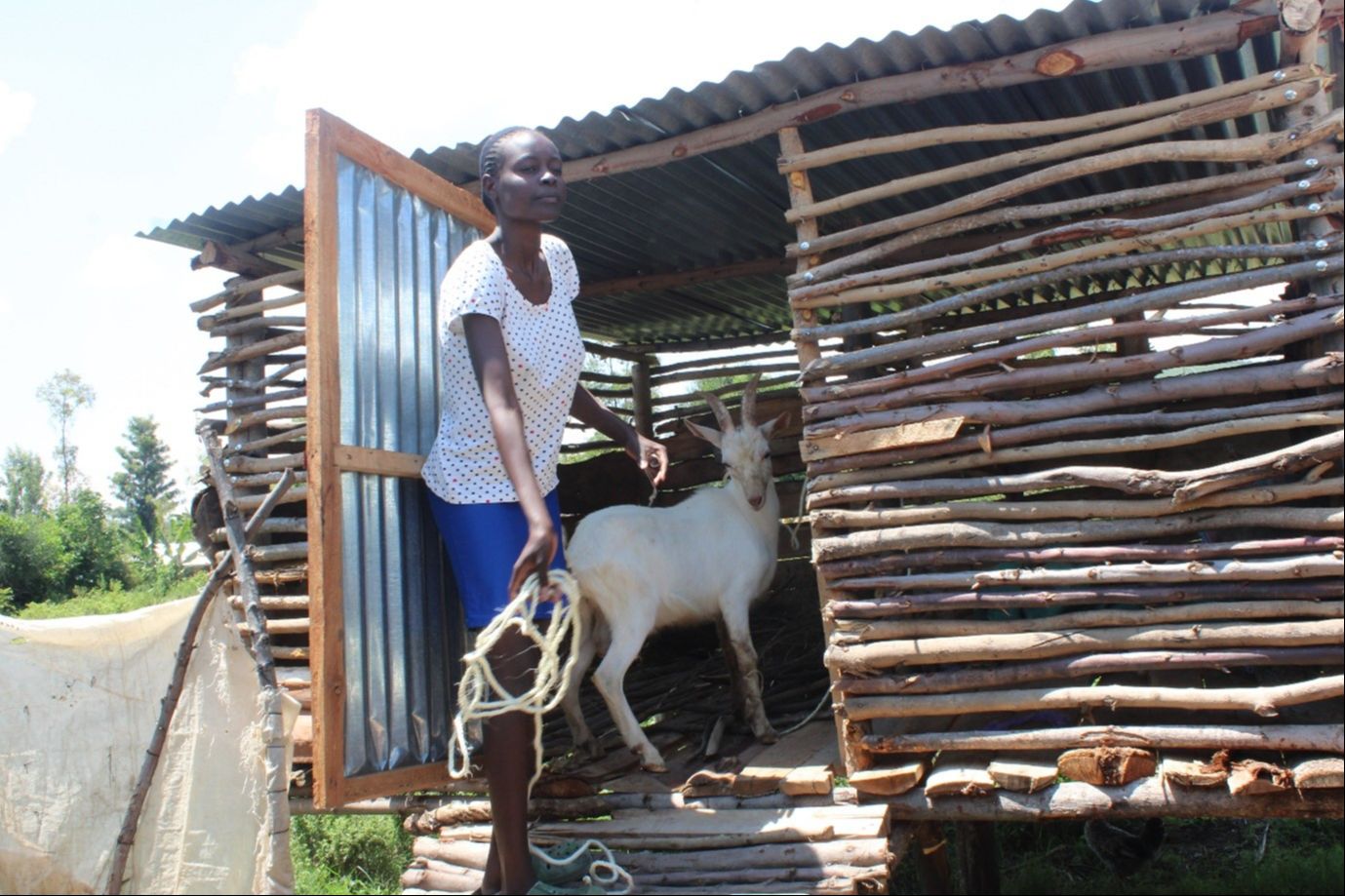

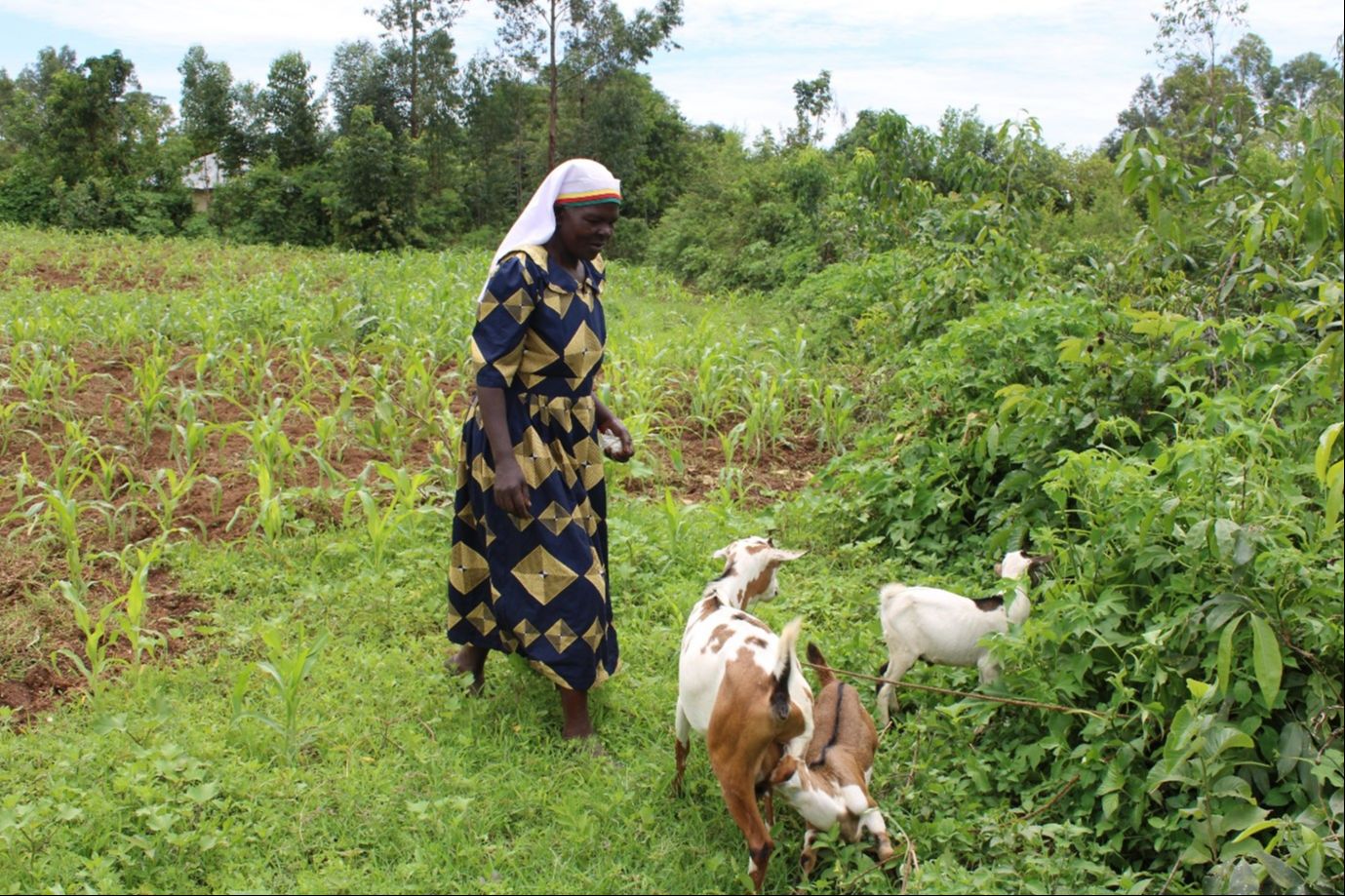
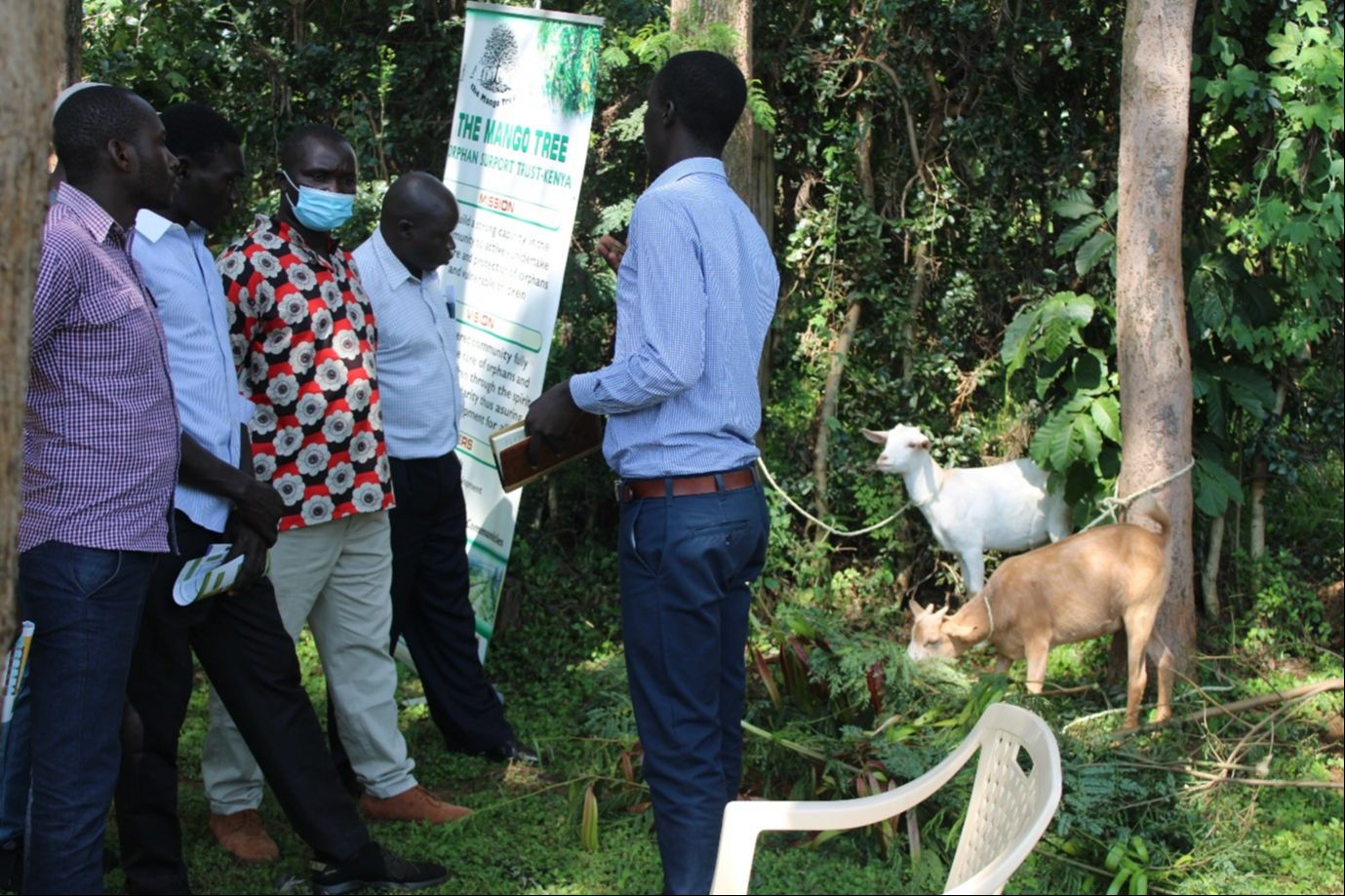
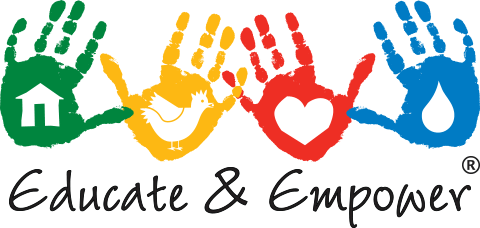 World Youth
World Youth
